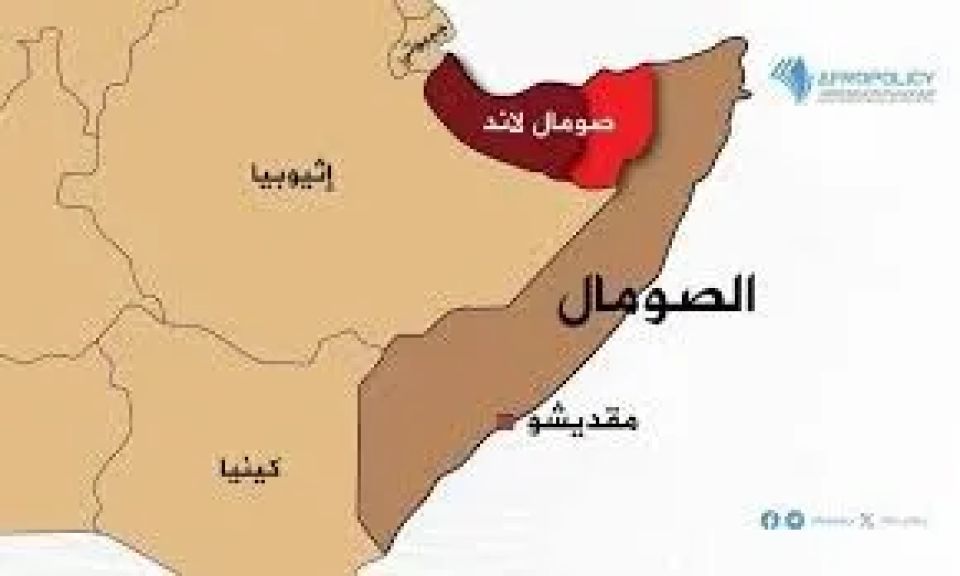Emad Barsoum writes: The Better Half

Congratulations Tunisia, and the Tunisian people, for having the first female prime minister in the Arab world, Najla Bouden Romdhan. Tunisia have made an exceptional achievement and is making history.
Although through ancient and medieval history, we have seen many women who ruled countries and kingdoms in what is now known as the Arab world, starting with Queen Kubaba of Sumer, and several Egyptian Queens like Sobekenefru, Hatshepsut and Cleopatra.
Then later in the beginning of the Islamic era there was Sett Al-Mulk in Egypt during the Fatimid era, followed a hundred years later by Shagaret El-Durr. In Algeria there was the last great Berber Queen Dahyia, famously known as Al-Kahina, who led her kingdom and people to war defending their land from the Arab invasion in North Africa, but despite her defeat, she remains a remarkable symbol of power and military leader. Other female leaders appeared as well in North Africa, such as Sayyedda Al-Hurra, Queen of Tétouan in Morocco. Even Islamic Yemen, thousand years after the biblical Queen Bilqis (Sheba), there were two renowned queens during the medieval times, Asma Bent Shibab and Arwa Al-Sulayhi. Surprisingly enough, the modern history gives us the story of Princess Fatima Al Zamil who ruled the Saudi province of Ha’il from 1911 to 1914.
After many years of the absence of female leaders in the Arab/Islamic world, such an appointment has a significant importance on many levels; First, it represents a real victory of equality, acceptance, and inclusion of women in that region. Since the region is well-known for demonstrating high discrimination towards women, specially in leading positions. Second, it is a clear success for liberating the Arab societies from the dogma of the incompetence and incapacity of women to be equal to men when it comes to ruling and decision making. Third, and foremost, it defies the rules and Fatwas (advisory opinions) of radical Islamists regarding the legitimacy of women to rule over men or to have the mandate in the government or in a court of law.
Needless to mention that Tunisia had been the pioneer in creating change in the Arab world when the Arab spring movement was ignited there. However, they followed Egypt, which started first, in rejecting the attempts of the radical Islamists to abduct their revolutions and steal their freedom.
We may view such a decision of appointing a woman as the Prime Minister in that region as another revolution against the backwardness of some regimes and societies, however we could still see it in more advanced and modern societies, even in the west. If we continue hearing voices calling for impartiality between man and woman or for equal opportunities in some areas, then the flaw must still exist.
Mankind is equal in all aspects of life, even as a child I was taught by my father that, a woman is;
my mother, the eternal unconditional love,
my sister, the absolute support and kindness,
my daughter, the most priceless precious and greatest love in the universe,
my partner, the true companion in the journey of life.
Then she deserves to be bar none the better half of the world.
















